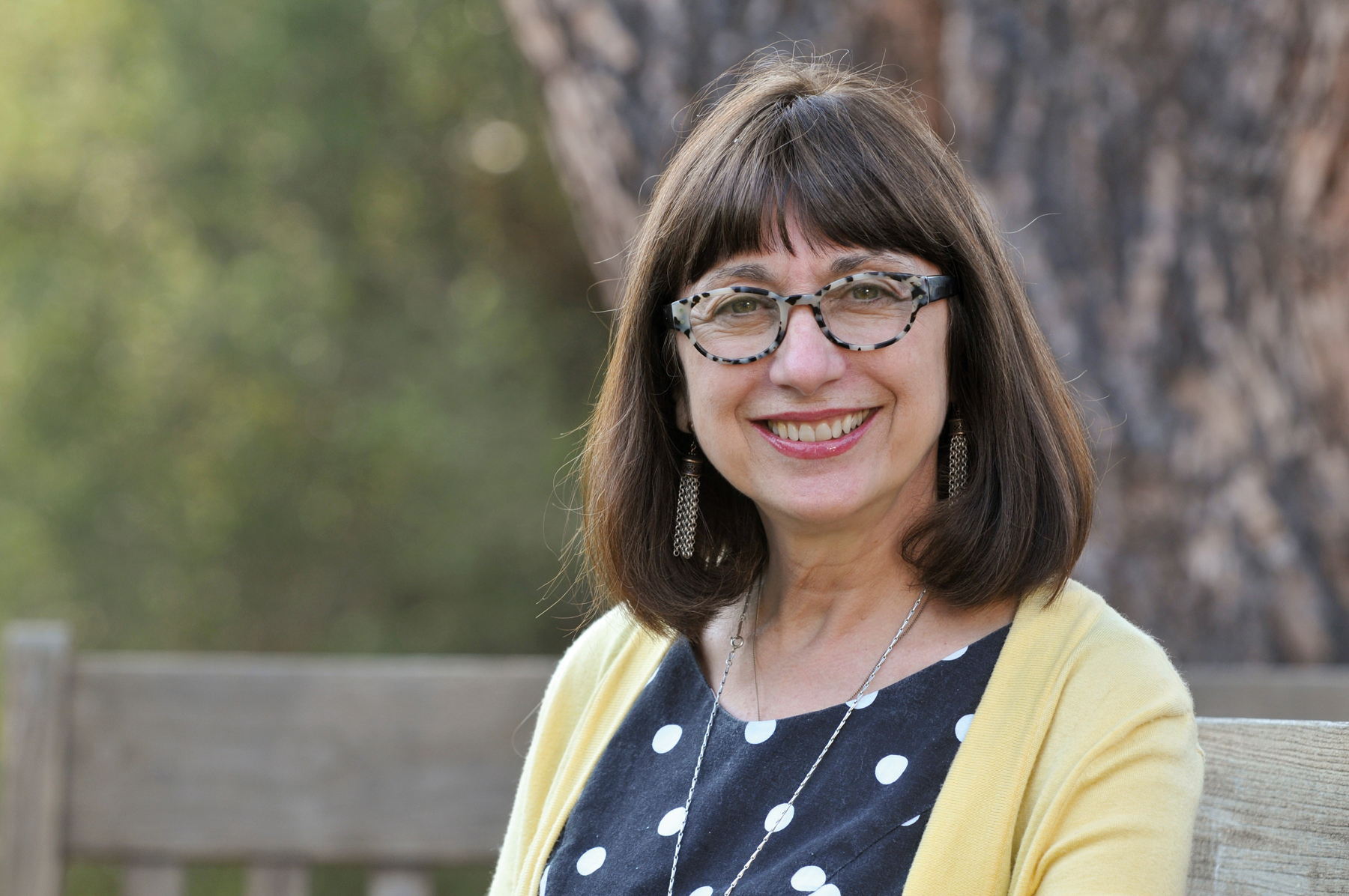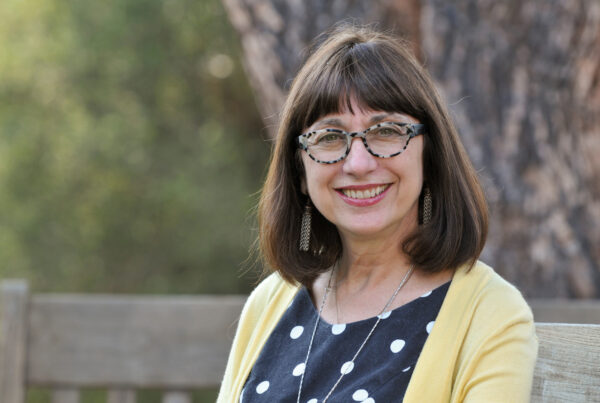By Joanie Harmon
Scholar of literacy and the brain recognized by the Vatican for her work on applying science to education.
October 1, 2020
UCLA Professor-in-Residence Maryanne Wolf has been elected a permanent member of the Pontifical Academy of Sciences, a body of 80 scientists from around the world. Wolf, who founded and directs the UCLA Center for Dyslexia, Diverse Learners, and Social Justice, is a renowned scholar of literacy and neuroscience. With this appointment, the Vatican recognizes her work in applying science to education, in tandem with Pope Francis’ expressed goal of utilizing science to improve the lives of the world’s impoverished populations, particularly children.
Professor Wolf is one of a very few women who are members of the Pontifical Academy of Sciences, and one of only several Academicians directly applying neuroscience to global issues in education.
“Our increased understanding of the reading brain has allowed us to provide new approaches not only to the global literacy crisis, but also to the local ones that go neglected till crises like our twin pandemics expose them for what they are: Impediments to the full intellectual, economic, social-emotional potential of every child,” Wolf states. “Literacy should be understood not only as a basic human right, but as our best vehicle for developing deep literacy and its sequelae–critical thinking and empathy, the cornerstones of democracy.”
Prior to arriving at UCLA, Wolf was the John DiBiaggio Professor of Citizenship and Public Service at Tufts University, and the director of the Center for Reading and Language Development in the Eliot-Pearson Department of Child Study and Human Development. She is affiliated with the Dyslexia Center in the UC San Francisco Medical School and with Curious Learning: A Global Literacy Initiative, which she co-founded. Professor Wolf is the 2018-2020 Presidential Fellow in Education at Chapman University.
Wolf took part in the Falling Walls Conference, an international meeting of scientists from a wide range of fields, held on Nov. 9, 2019 in Berlin. At the conference, which celebrated the 30th anniversary of the fall of the Berlin Wall, she highlighted the need both to develop global literacy as a basic human right and simultaneously to understand the changes to the reading brain in the digital environment.
Professor Wolf is the recipient of multiple research and teaching honors, including the Fulbright Fellowship, the American Psychological Association Teaching Award, a Fellow at the Center for Advanced Study for the Behavioral Sciences at Stanford, the NICHD Innovative Research Award, and the highest awards by the International Dyslexia Association, the Reading League, the Australian Learning Disabilities Association, and the Dyslexia Foundation’s Einstein Award. Most recently, Wolf received the Walter Ong Award for her work on the impact of different mediums on the intellectual development of the species.
Wolf, whose research is focused on cognitive neuroscience, the reading brain, language, and dyslexia, is currently working on multiple ways to ensure that children everywhere can have access to reading resources, regardless of the pandemic’s limited access to schools and libraries or students’ level of reading proficiency. In collaboration with an international cadre of scholars, experts, and educators, Professor Wolf and Laura Rhinehart, UCLA research assistant, provide their expertise to the Haskins Global Literacy Hub, a project of the Haskins Laboratories at Yale University.
At the state and local levels, Wolf worked with Assemblyman Richard Bloom (D-Santa Monica) and Chip Robertson to create a new bill on Neurodiversity and Learning, in which she and Sue Sears, professor of education at California State University, Northridge, direct a collaborative between the UCLA Graduate School of Education and Information Studies and the CSU’s colleges of education at their Southern California campuses. The collaborative is creating new models for introducing the science of reading into the formation of teachers. In related areas, Wolf and Rhinehart are working with the leaders of Los Angeles United School District on literacy development and assessment research through a grant from the Office of Special Education. Wolf is also a member of the California State Literacy Team, the Canadian Children’s Literacy Foundation, and the Stanford Center for Advanced Study in the Behavioral Sciences Board.
Wolf’s most recent book is “Reader Come Home: The Reading Brain in a Digital World,” published by HarperCollins, which delineates the need to develop a biliterate reading brain, with competencies in both print and digital mediums. She is the author of the critically acclaimed and best-selling “Proust and the Squid: The Story and Science of the Reading Brain” (HarperCollins), “Tales of Literacy for the 21st Century: The Literary Agenda,” (Oxford University Press), and over 170 scientific publications.
Professor Wolf lectures around the world, including multiple presentations on global literacy for disenfranchised children for the Pontifical Academy of Sciences and the Pontifical Academy of Social Sciences, of which former GSEIS Wasserman Dean Marcelo Suarez-Orozco is a member.
Professor Wolf will take part in the next meeting of the Pontifical Academy of Sciences on October 5-7, “Science and Survival,” which will be dedicated to international research on COVID-19 and the response needed in a global community. PAS Academician Frances Collins will discuss the opportunities for science’s contribution in the United States to this crisis.
In the program introducing the meeting, Pope Francis writes,“The crisis has shown us that especially in times of need, we depend on our solidarity with others. In a new way, it is inviting us to place our lives at the service of others. It should make us aware of global injustice and wake us up to the cry of the poor and of our gravely diseased planet.”
Photo by Ron Searcey



